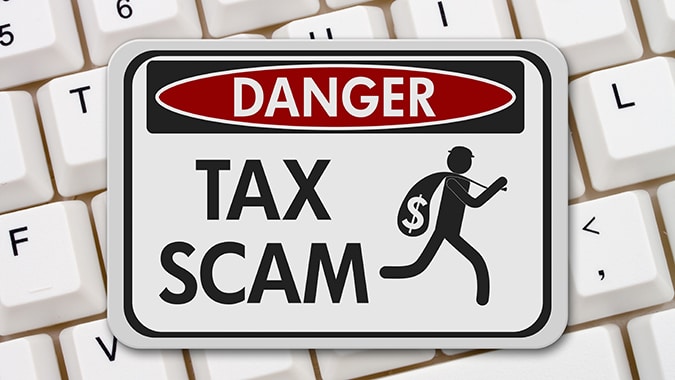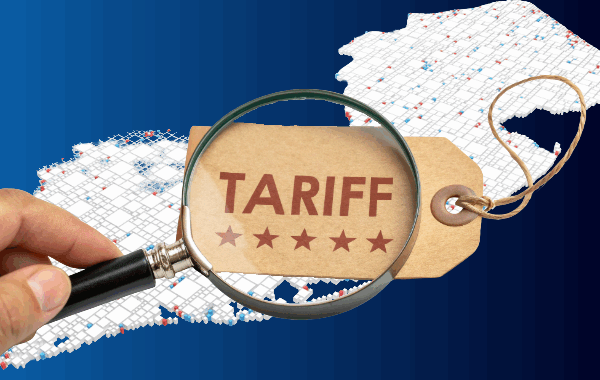The IRS is telling businesses to beware of unscrupulous and aggressive promoters of questionable claims for the Employee Retention Credit (ERC).
Questionable ERC claims often put unsuspecting businesses and other entities in jeopardy of penalties, interest and potentially even criminal prosecution for claiming the ERC when they don’t qualify and aren’t entitled to it.
The warning comes as the IRS continues to take special steps to counter aggressive marketing around the ERC, sometimes referred to as the Employee Retention Tax Credit or ERTC. Since the IRS announced a moratorium on processing new claims filed after Sept. 14, 2023, the agency’s compliance efforts on ERC claims have topped more than $1 billion.
With compliance work on ERC claims continuing to expand through both audits and criminal investigations, the IRS reminded businesses they still have an option to pull back on any unprocessed claims. Businesses should quickly pursue the claim withdrawal process if they need to ask the IRS not to process an ERC claim for any tax period that hasn’t been paid yet.
“We remain concerned that unscrupulous promoters and numerous myths about eligibility for this credit could put well-meaning businesses at risk,” said IRS Commissioner Danny Werfel.
“Before anyone files an Employee Retention Credit claim, they should carefully review the eligibility guidelines and talk to a trusted tax professional,” Werfel said. “Relying on a marketer who is looking to take a hefty percentage fee of the potential claim adds risk for well-meaning businesses given the ongoing IRS compliance work.”
The IRS took significant compliance steps regarding the ERC program after the well-intentioned pandemic-era program came under aggressive, misleading marketing that oversimplified or misrepresented eligibility rules. Promoters pushed more applicants into the program, frequently by taking a percentage of the payout.
When properly claimed, the ERC is a refundable tax credit designed for businesses that continued paying employees during the COVID-19 pandemic while their business operations were either fully or partially suspended due to a government order or had a decline or significant decline in gross receipts during the eligibility periods.
For more information on ERC eligibility, taxpayers can see the ERC frequently asked questions and the ERC Eligibility Checklist, which is available as an interactive tool or as a printable guide.




